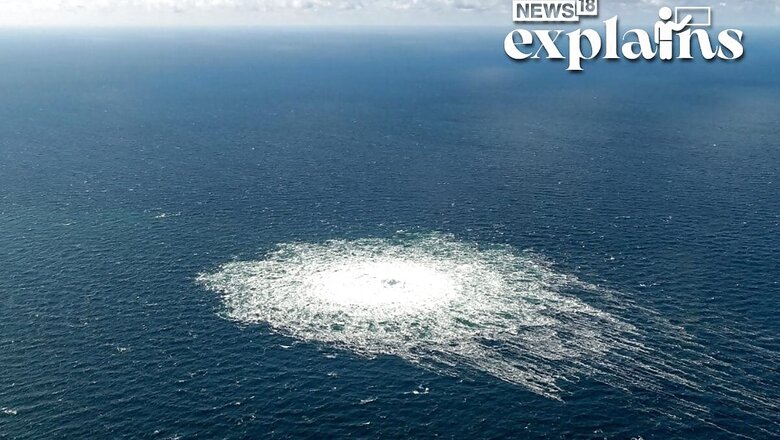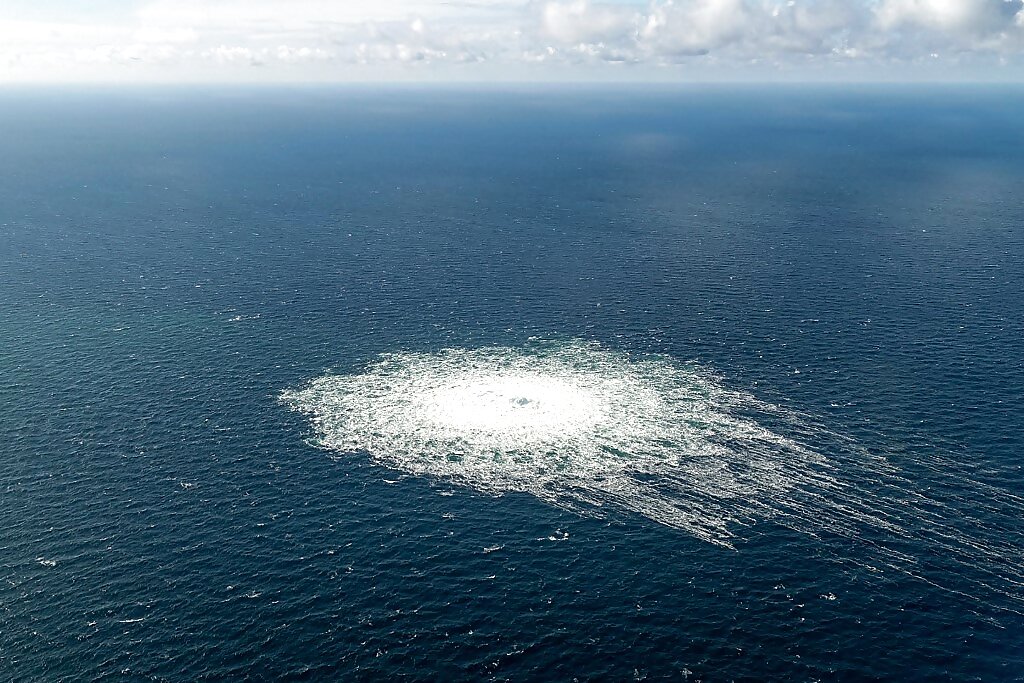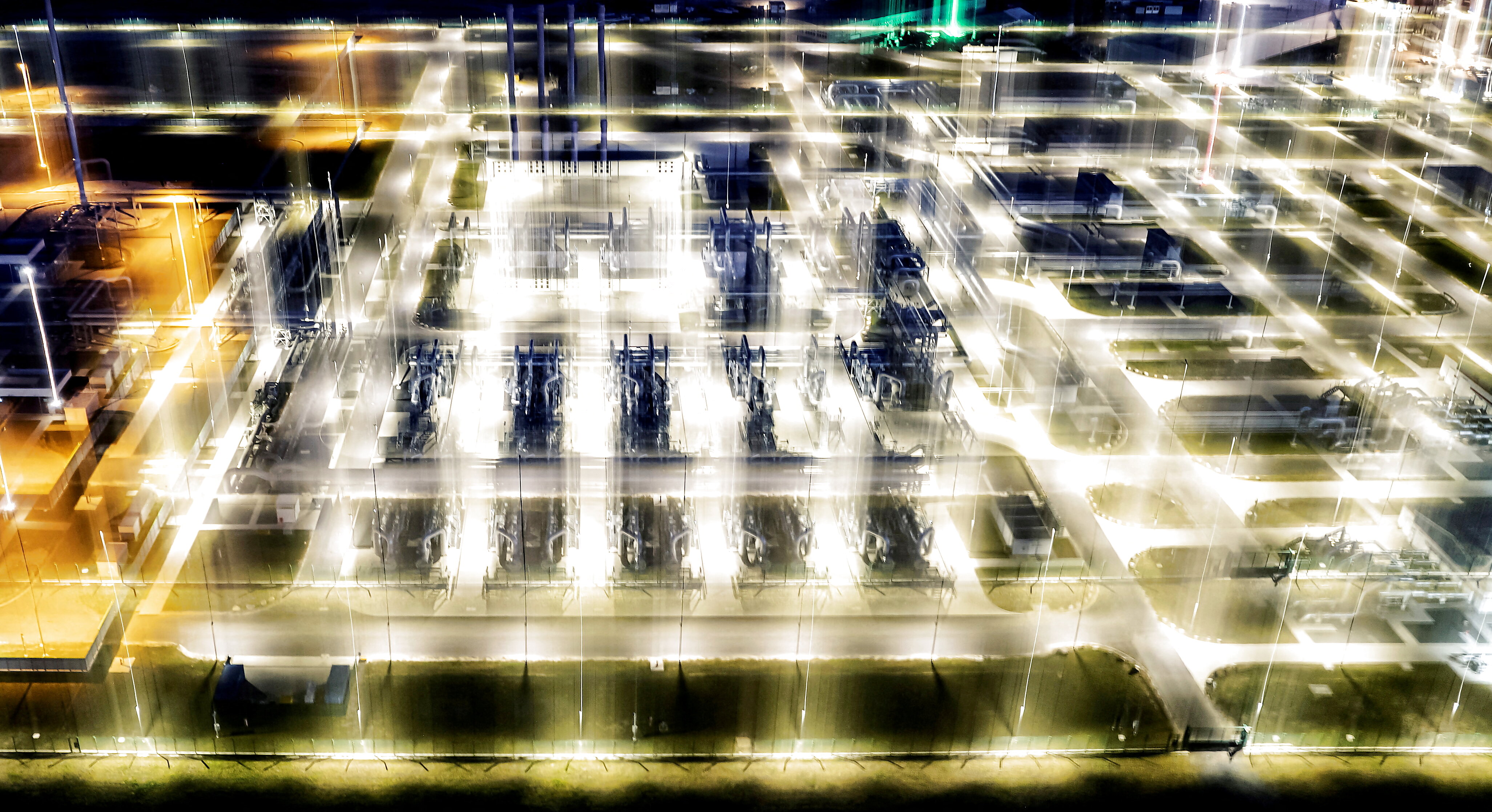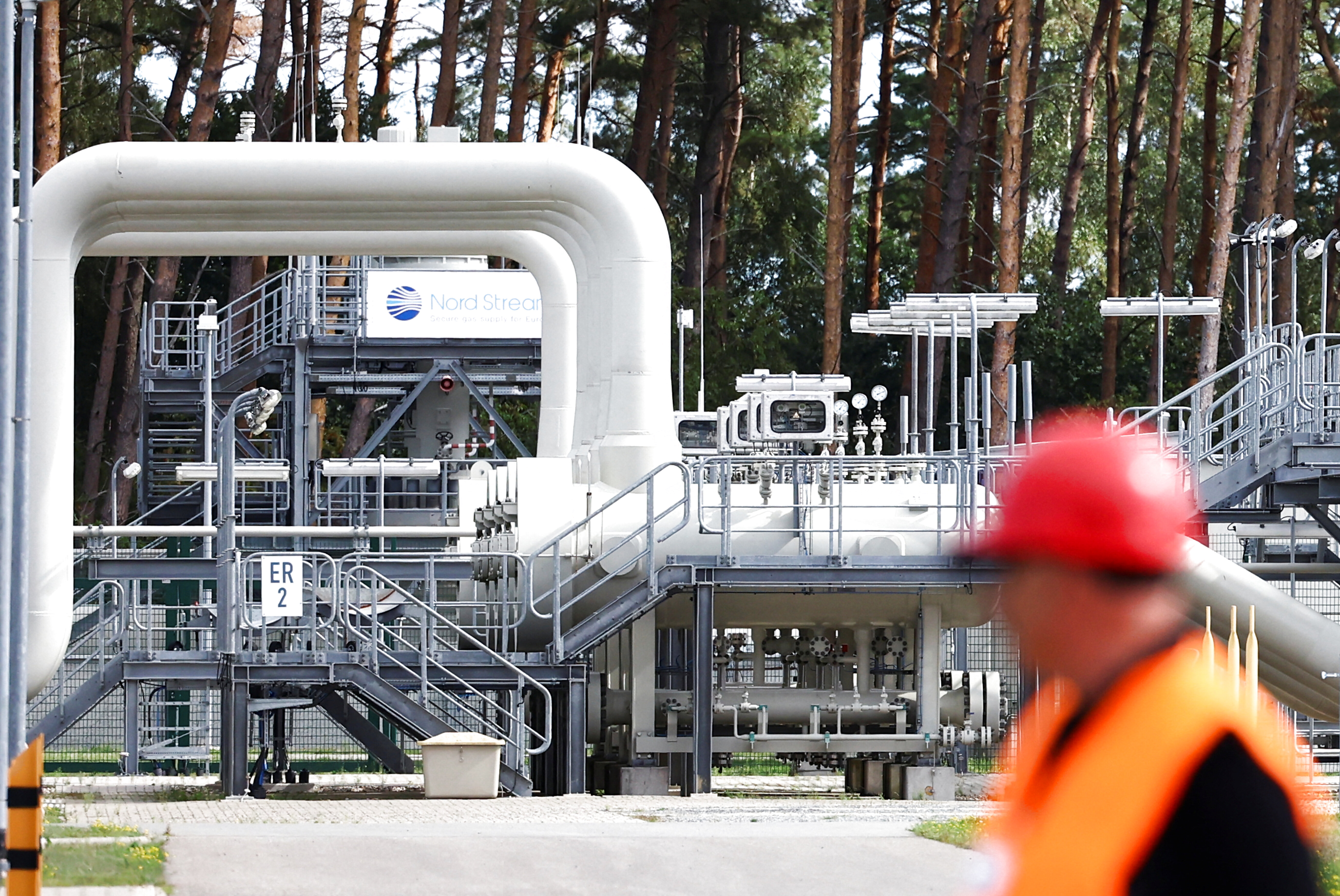
views
The Ukrainian government was not involved in the sabotage last year of the Nord Stream gas pipelines in the Baltic Sea, the country’s defence minister said Wednesday. “This is not our activity”, Defence Minister Oleksiy Reznikov told reporters in Stockholm ahead of a meeting with EU defence ministers, in response to a report in The New York Times that US officials had seen new intelligence indicating a “pro-Ukrainian group” was responsible for the sabotage.
The New York Times reported Tuesday that US officials have seen new intelligence that indicates a “pro-Ukrainian group” was responsible for the sabotage last year of the Nord Stream gas pipelines. In a cautious report that did not identify the source of the intelligence or the group involved, the Times said the US officials had no evidence implicating Ukrainian President Volodymyr Zelensky in the pipeline bombing.

But the attack benefitted Ukraine by severely damaging Russia’s ability to reap millions by selling natural gas to Western Europe. At the same time, it added to the pressure of high energy prices on key Ukrainian allies, particularly Germany. The intelligence suggested the perpetrators behind the sabotage were “opponents of President Vladimir V. Putin of Russia”, the Times report said.
Amid the report, let’s take a look at what the Nord Stream Pipeline is, and why its a flashpoint amid the Russia-Ukraine war:
NORD STREAM PIPELINES
The pipeline runs 1,200 kilometres (745 miles) beneath the Baltic Sea from the Russian coast near St. Petersburg to north-eastern Germany, explains a BBC report. It opened in 2011 and can transport up to 170 million cubic metres of gas per day from Russia to Germany.
The pipeline is controlled by the Russian state-owned gas corporation Gazprom, and while it had been operating at only 20% of its capacity since the start of the Russia-Ukraine conflict, the business completely halted gas shipments from the pipeline in early September for repair, says a Hindu report. According to Bloomberg, before the conflict, Russia supplied 40% of Europe’s pipeline gas; now, the figure is only 9%.
The New York Times reported that there is new US ???????? Intelligence pointing to a Pro-Ukranian ???????? Group being behind the bombing of the Nord Stream Pipelines last year pic.twitter.com/AlNOLOnRRO— Ukraine Battle Map (@ukraine_map) March 7, 2023
The $11 billion Nord Stream 2 project, which includes two parallel lines parallel to the first, was completed in 2021 but required German clearance to begin supply. Once operational, Nord Stream 1 and 2 may transport 110 billion cubic metres of gas per year to Europe for at least the next 50 years. Germany, on the other hand, suspended the clearance just days before Russia sent soldiers to Ukraine, ensuring that the pipeline never went commercial.

While both pipelines are not currently working commercially, they had millions of cubic metres of gas stored in them.
September Attacks
The pipelines were ruptured by subsea explosives in late September, seven months after Russian forces invaded Ukraine. Authorities in Germany, Sweden and Denmark have opened inquiries into the incident, AFP reported.
According to separate German media reports, German investigators believe the unidentified group was made up of five men and one woman using professionally falsified passports, and who rented a boat that set sail from the northern German port of Rostock.
German investigators found traces of explosives on the table in the boat’s cabin, according to the report by German broadcasters ARD and SWR and the weekly magazine Die Zeit. Moscow had blamed the blasts on the West and asked the UN Security Council to conduct an independent investigation, the BBC had reported.

Although the EU has previously stated that Russia uses its gas pipelines as a weapon against the West, NATO and Western politicians have refrained from outright accusing Moscow of assaulting its own pipelines.
Russia has delivered massive amounts of natural gas to Western Europe for decades. But, following the outbreak of the Ukrainian conflict in February of last year, most EU countries dramatically reduced their reliance on Russian energy.
The episode, in which underwater explosions happened before the pipes ruptured in numerous locations, is still a major source of disagreement between Russia and the West, explained a CNN report.
The pipelines that connect Russia and Germany via the Baltic Sea to transport Russian gas to the European Union were controversial long before the Kremlin declared war on Ukraine, owing to concerns over Europe’s reliance on Russian energy. Their destruction added another wrinkle to the energy confrontation that arose following the invasion as Europe sought to wean itself off Russian fuel.
Moscow, which has previously openly denied involvement in the pipeline strikes and blamed the West for the explosions, has also pushed back on the recent media assessment. The report was denounced as a “clear misinformation campaign orchestrated by the media” by a Kremlin spokeswoman.
Read all the Latest Explainers here




















Comments
0 comment